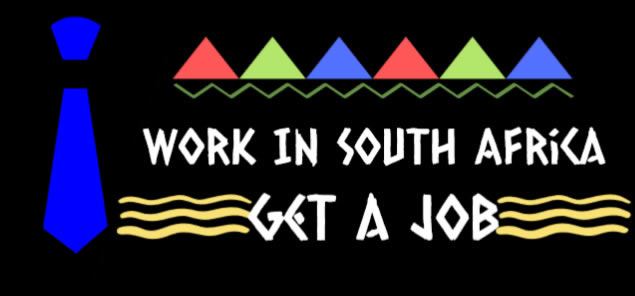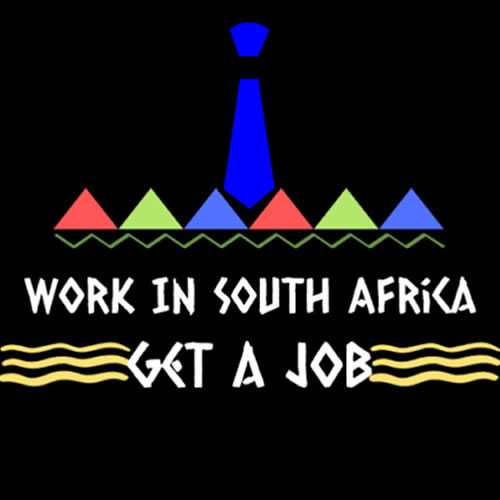The World Bank has again ranked South Africa as the most unequal country in the the whole world, a report filed in the World Bank’s global poverty database and seen by WorkInSouthAfrica.com reveals.
Ranked number one out of 164 countries and the largest Southern African Customs Union (SACU) country, the report found that inequality more than doubles when race is factored in as a contributor to inequality.
“At least one-fifth of inequality in SACU is explained by inherited circumstances such as location, gender, age, parental background and when race is included in the analysis, the contribution of inequality of opportunity more than doubles,†said the report.
UNEQUAL LAND OWNERSHIP PERPETUATES GENERATIONAL POVERTY
In Namibia and South Africa where inequality is distinctly higher than in the rest of the countries, the sharp inequality in land ownership also contributes to perpetuating the historically high levels of income inequality.
“This report shows that lack of access to key productive assets such as skills and land, is slowing progress towards a more equitable income distribution,â€said World Bank Practice Manager of the Poverty and Equity Global Practice for Eastern and Southern Africa Pierella Paci.
High wealth inequality limits intergenerational economic mobility, making consumption inequality persistent over time.
In the labour market, having post-secondary or tertiary education is key to both accessing jobs, and obtaining better wages once employed.
“Improving access and availability of private-sector jobs and access to productive assets such as land will help equalize opportunities,†adds Paci.
SOUTH AFRICA AND NAMIBIA ARE THE MOST UNEQUAL AFRICAN COUNTRIES
The report titled ‘Inequality in Southern Africa: An Assessment of the Southern African Customs Union‘, examined the process of household income generation to identify the sources of inequality.
It finds that the member countries of Botswana, Eswatini, Lesotho, Namibia, and South Africa, represent the world’s most unequal region.
Although there are differences across countries, Namibia and South Africa distinctly have higher inequality than the rest with Lesotho having the least among them.
Consumption inequality is more than 40% higher than the averages for both Sub-Saharan Africa and upper-middle-income countries.
Botswana, Eswatini, and Namibia are among the 15 most unequal countries, and despite recent improvements, Lesotho still ranks among the top 20% the report shows.
“We know from this report that inherited circumstances which individuals have little or no control, drives overall inequality,†said World Bank Country Director for Botswana, Eswatini, Lesotho, Namibia, and South Africa Marie Francoise Marie-Nelly.
“This is despite SACU countries undertaking some of the most redistributive spendings in the world, particularly on education and health, inequality remains extremely high,†adds Marie-Nelly.
Leveling the playing field at birth through more inclusive delivery of quality education, health, and basic services is critical to reducing inequality in the region.
EQUALITY HAPPENS WITH CORRECTIVE POLICYMAKING
The report recommends promoting policy measures that foster equality when it comes to opportunities and addressing the highly skewed distribution of productive assets.
These are critical to reducing the persistently high inequality in the five SACU countries.
The report also suggests enhancing the capacity to respond to increasing climate and economic shocks, that generally affect the poor more severely.
“In South Africa, the pandemic and the resulting lockdowns may cause a 4.8 percentage point increase in poverty, and per capita consumption may fall by as much as 10%,†said the report.
But the report found that the Presidency’s social protection package may cushion two-thirds of this impact, protecting 1.8 million people from falling into poverty.
The government has announced several social protection schemes, simulated in this analysis.
The simulations include:
- Unemployment benefits for three months to replace wage income for those who have lost jobs in the pandemic, with a minimum benefit of R 3,500 per month and a maximum of R 6,730 per month.
- Grant top-ups of R 250 for disability grants and state pensions, for the duration of the lockdown, as well as child grant top-ups of R 300 for one month and R 500 for the remainder of the lockdown.
- Social Relief of Distress grants of R 350 per month for those who lost their jobs because of the pandemic but do not receive any of the benefits outlined above.





